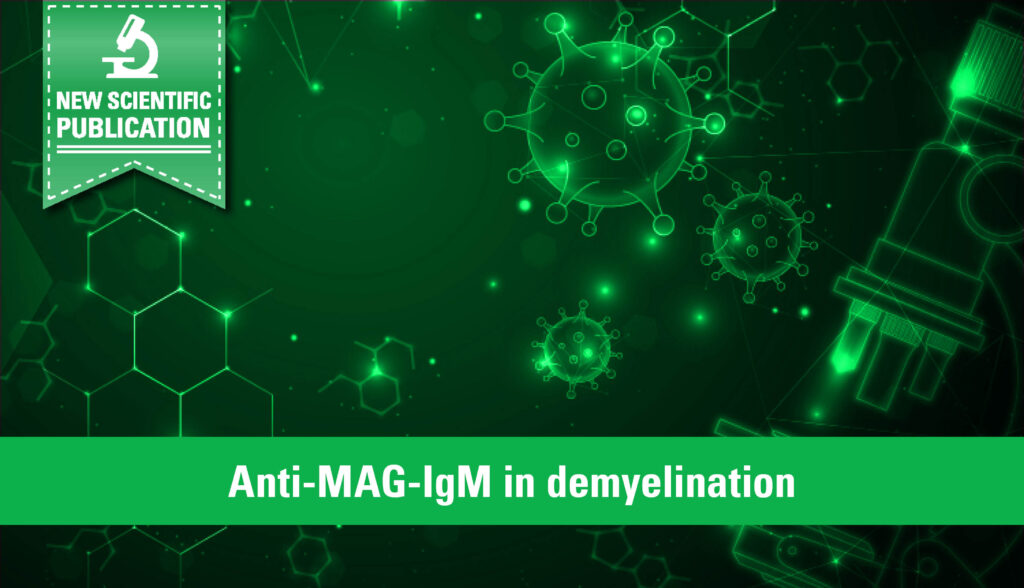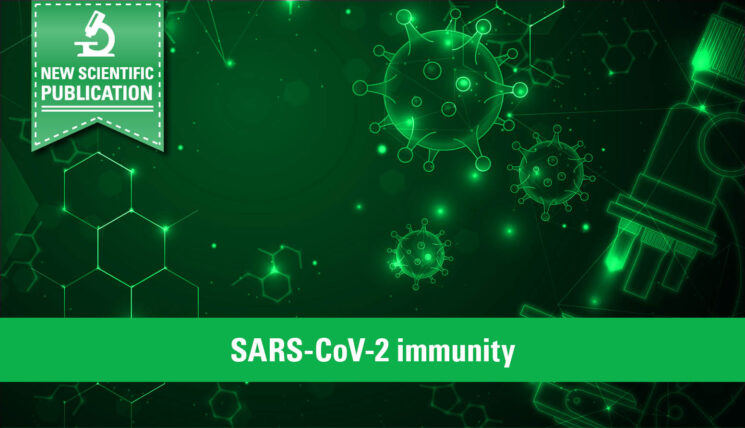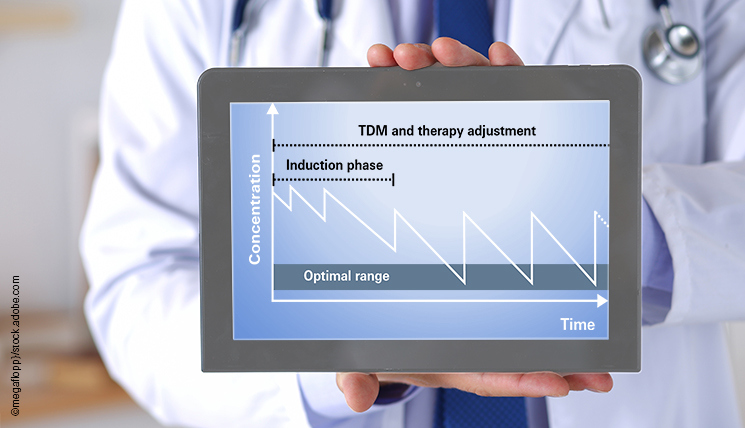Novel cell-based assay for autoantibody detection in demyelination
A novel cell-based immunofluorescence assay (CBA) provides sensitive and specific detection of IgM antibodies against myelin-associated glycoprotein (MAG), as demonstrated in a study published in collaboration with scientists from the University of Verona and the Pediatric Research Institute in Padua, Italy. The Anti-MAG CBA is now available for research use*. Anti-MAG-IgM antibodies are markers for […]




